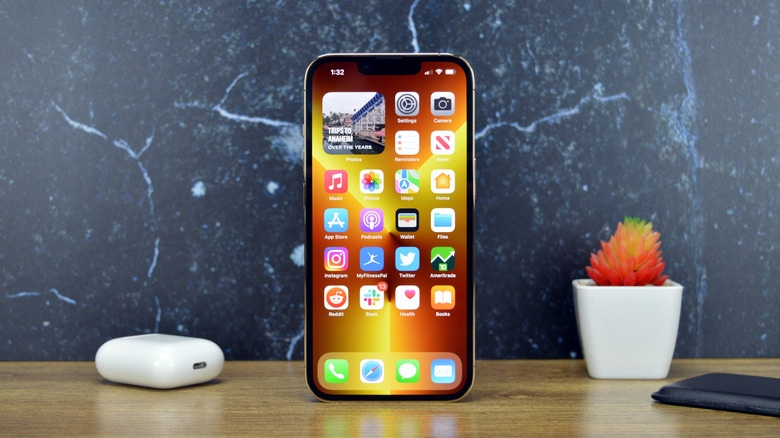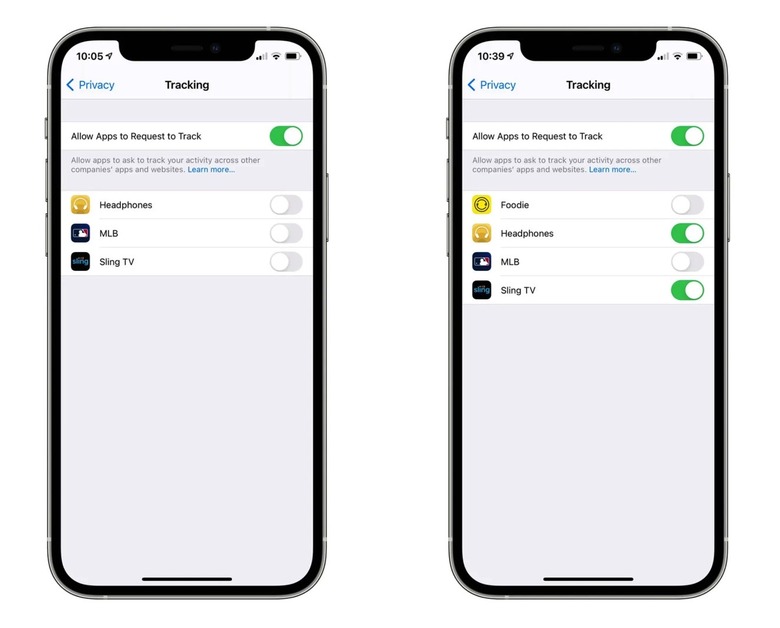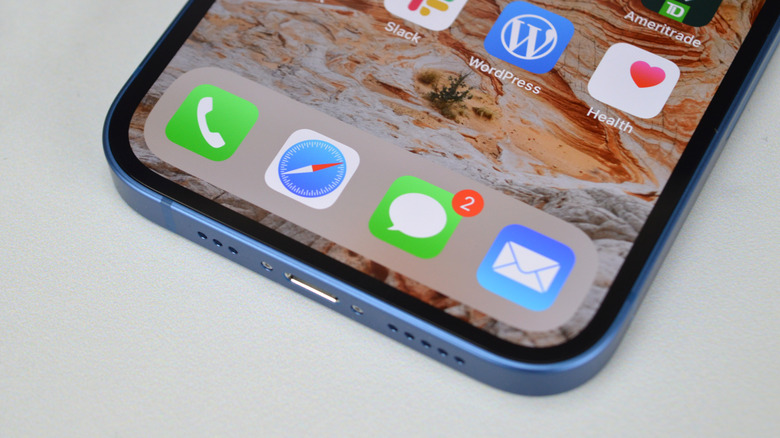Apple's New iPhone Ad Is All About iOS Privacy Features - Here's What They Mean
Apple made user privacy and security a core feature of its hardware and software products years ago. The iPhone is at the center of everything. And Apple has been improving the privacy features in iOS and macOS, forcing rivals to copy some of them and pretend they care as much about user privacy. In the process, Apple has been releasing plenty of iPhone ads centered around privacy features, like the one you'll see below.
It's a brand new privacy ad that has the same core message as previous ones. Various companies track everything you do online, making money from your personal data. The iPhone can prevent some of that tracking, the ad tells you, highlighting a few privacy features in the process. But these iPhone features might not be clear to most users, so we're about to explain what they are and how you can enable them.
The new Privacy on iPhone ad
Subtitled Data Auction, the new iPhone privacy ad tells the story of Ellie. She's a regular smartphone user who discovers that her data is sold online. The imaginary, cleverly named "Dubiou's" auction house sells everything about her.
"Charming Ellie's private data" for auction includes her emails, drugstore purchases, location data, contacts, recent transactions, browsing history, and texting details. It's all hilarious and well-done to highlight the business practices that impact user privacy online.
We never get to witness such business practices, however. It all happens digitally, without our express knowledge. Then again, not everyone will care. Most internet users accept the trade-off, having their data harvested for ads in return for free services.
Apple has been arguing for years that the trade-off isn't necessary. And the company has implemented a few features that attempt to prevent user tracking in some apps.
The new iPhone ad highlights two of the most privacy features that Apple introduced in recent years to improve privacy on iPhone and other devices.
What is the App Tracking Transparency?
The App Tracking Transparency (ATT) is an iOS 14 feature that came out more than a year ago, much to the displeasure of Facebook. The feature forces iPhone apps to ask users if they allow apps to track them online. Facebook launched a fierce attack against Apple as ATT was about to roll out. But ultimately, the company had to accept defeat. Additionally, Facebook lost billions in ad revenue after the arrival of ATT on iPhone and iPad.
Apple's iPhone privacy ad shows Ellie tapping that Ask App Not to Track option that appears on the screen. You've probably seen that prompt on your device for every new app you install that wants to collect your data.
The ad doesn't have time to go deeper into explaining the feature. While seasoned iPhone users already know how it works, it won't make sense to all iPhone users immediately. Head to the Settings app on the device, look for the Privacy menu and then for Tracking. In there, you can turn off the Allow Apps to Request to Track. This will block apps from showing you the prompt in the ad, but it will also deny permission to track your data.
Alternatively, you can leave that option enabled. In this case, you'll get a list of all the apps that want to track you, and you can pick and choose which apps you want to let collect data.
What is Mail Privacy Protection?
Once Ellie blocks app tracking, ad trackers start disappearing from the auction house. But the iPhone ad also goes over the Mail Privacy Protection feature, which debuted with iOS 15.
This is a feature that governs the privacy of the default Mail app in iOS on iPhone and iPad. When enabled, Mail will hide your IP address from senders and load email content privately. That way, companies can't track you via the emails they send your way.
If you want to manually customize your privacy protections in Mail, you'll have to go to the Settings app again and look for the Mail menu. In there, go to Privacy Protection and look for Protect Mail Activity. If it's enabled, Mail will offer the protection above.
Turn it off, and you end up with two new options: Hide IP Address and Block All Remote Content. You can disable and/or enable them at will. Essentially, this gives you control over which Mail Privacy Protection features you want to use.
iPhone privacy isn’t as simple as the ad implies
Ellie "kills" all the trackers in the ad with the help of the features outlined above. But in real life, things aren't as simple. Ad companies use a variety of trackers to mine for personal data and serve personalized ads. Just as Apple tries to block some of these behaviors, ad companies can find new ways of tracking users that can skirt these rules.
For example, using a third-party email app on iPhone will negate the Mail Privacy Protections. They only work for Apple's Mail app.
Apple will likely introduce additional privacy features for iPhone and iPad with iOS 16 in a few weeks.
To take advantage of these iPhone privacy features, you should make sure you're running the latest available iOS version. That's iOS 15.4 for iPhone and iPad. Similarly, make sure you update all your Apple devices to the latest available software releases.
More iPhone coverage: For more iPhone news, visit our iPhone 14 guide.


